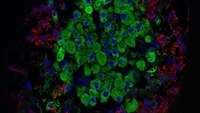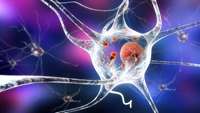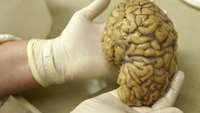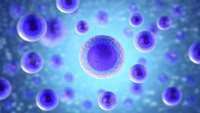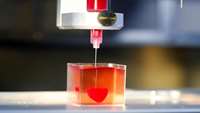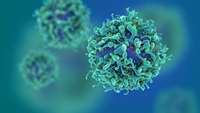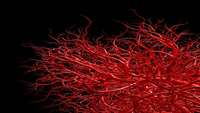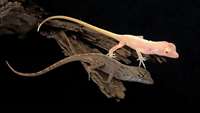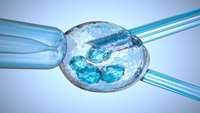Could stem cells reverse diabetes?
A new study, which features in the journal Stem Cell Reports, highlights research from Washington University School of Medicine in St. Louis, MO. The findings could be significant in the future for those with diabetes.
Shutting down deadly pediatric brain cancer at its earliest moments
Cell-by-cell genetic analyses of developing brain tissues in neonatal mice and laboratory models of brain cancer allowed scientists to discover a molecular driver of the highly aggressive, deadly, and treatment-resistant brain cancer, glioblastoma.
Defective glial cells can push neurons toward Parkinsons disease
Researchers from the University of Barcelona have shown that defective versions of human brain cells called astrocytes are linked to the buildup of a toxic protein that is the hallmark of Parkinsons disease.
Scientists Restore Some Function In The Brains Of Dead Pigs
The brains of dead pigs have been somewhat revived by scientists hours after the animals were killed in a slaughterhouse.
Essential amino acid in humans, methionine, controls cell growth programs
A recent study from the Laxman lab elucidates how a small metabolite and amino acid, methionine, acts as a growth signal for cells by setting into motion a metabolic program for cell proliferation.
Scientists print first 3D heart using a patient’s own cells
Researchers managed to successfully print the first ever 3D heart that uses cells and biological materials from a patient. The medical breakthrough, which was published today in Advanced Science, managed to produce an entire heart, complete with cells, blood vessels, ventricles and chambers a marked improvement over previous attempts that only printed simple tissues without vessels.
FDA Clears the IND for UCARTCS1, the First Allogeneic CAR-T to Treat Multiple Myeloma Patients
UCARTCS1 is based on a tailored manufacturing process developed by Cellectis, which removes both the CS1 antigen and TCR from the T-cell surface using TALEN® gene editing technology, before adding the CS1 CAR construct.
Scientists generate high-quality human vascular cells through genome editing technology
Scientists from the Institute of Biophysics of the Chinese Academy of Sciences (CAS), Peking University and the Institute of Zoology of CAS have generated the worlds first genetically enhanced human vascular cells by targeting a single longevity gene, FOXO3.
‘Game-changing’ gene edit turned this anole lizard into an albino
The mighty genome editor CRISPR isn’t so powerful in lizards and snakes: Never before has it been used to edit the embryos of these reptiles.
Pregnancy reported in the first known trial of ‘three-person IVF’ for infertility
A32-year-old Greek woman is reportedly pregnant from an experimental reproductive technique that uses DNA from three people — as part of the first known clinical trial to use the controversial procedure to treat infertility.


